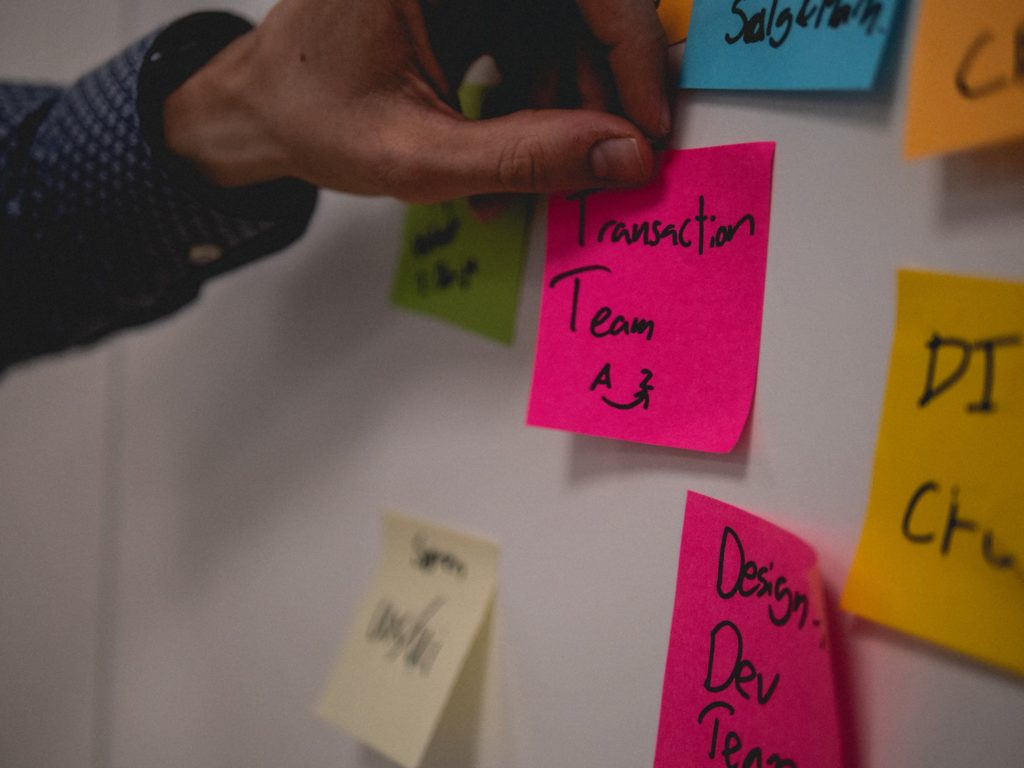Career Planning
Highlights from the 'Industry Insights and Migrant Talent' webinars


Career quiz is an Australian tool to explore work preferences and possible career choices.
LinkedIn is an important tool in laying the ground work for a career transition.
People searching for talent for the job title you want next need to be able to find you.
Lean from former employees at LinkedIn about the common mistakes and how to fix them.
It’s free to grade your profile to see what to fix on your own LinkedIn.
Volunteering can help your job search in a number of ways:
- Develop cultural knowledge by working as a team
- Demonstrate transferrable skills in local work setting
- Secure a local referee from your supervisor
- Build up local networks who know and trust you
A good-fit is important in volunteering, just as it is for paid-work. Managing volunteering programs takes resources, time and energy for the organisation involving volunteers. And the mission relies on a good person-position fit.
Only volunteer when:
- It is something you want to do
- You will use or learn an important skill
- You will make meaningful connections with other people
- It builds a better society
To explore volunteer positions that may be a good-fit for you:
- Direct contact with organisations you’d like to support (not all positions are advertised)
- Industry Associations
- Volunteering Tasmania
- Seek Volunteer
Employability over a career is made up of:
- The ability to obtain first position.
- The ability to maintain employment, and manage ‘transitions’.
- The ability to find new work if required.
- Your assets – your transferrable skills, occupation-specific skills, high level assets
- Deployment – your job search skills, strategic approach to the job market
- Presentation – cultural fit
- Context – networking helps you to be in the right place and time
Most people have many career transitions over a lifetime. There is a free online course by the UNSW (University of New South Wales) Designing the Future of Work to help you reflect on the the changing world of work so you can be ready to embrace the future.
Increasingly, jobs will involve humans working with machines so employers will need people with technical/digital skills and those who can work at the interface between machines and people.
New jobs will be created, and existing jobs will change to include new technological and communication processes.
You can take this quiz to help identify some jobs of the future that align with your interests.
Browse 100 jobs of the future here in a report published in 2019 by Ford Australia, Deakin University and Griffith University.
The National Skills Commission has identified 25 emerging occupations in an emerging occupations report. These jobs already exist in the Australian labour market but are outside the current Australian and New Zealand Standard Classification of Occupations (ANZSCO).
So you’re working – that’s great! Now you want to move to a skilled position.
Here’s some do’s and don’ts:
- Don’t slack off in your current job. Give your employer lots to say in your reference check. This also shows character and loyalty.
- Don’t let your current job become your identity or a limit to your confidence.
- Don’t waste time. Weeks become months, months become years. From day one you need to be taking steps to set yourself up for your next career break!
- Do enlist employer and peers in your quest, but carefully evaluate the relationship first.
- Do dress for the job you want and network online and in after hours for the industry you wish to be a part of.
- Do consider how you can job search in a way that is appropriate for your current workplace, and consider how you can be remembered well for what you contributed right up to your last day!
If you work in skilled trades – it’s often based on word of mouth referrals. You’ll be networking when you’re in Tassie to find an opportunity to contribute and be known.
If you work in the knowledge economy and professional jobs – start your networking on LinkedIn, searching for local professionals and businesses in your industry.
Monitor the labour market on Seek – download the position/ or email for the application pack.
Practice assessing what they are looking for, and how you could tailor your resume to highlight those skills.
Practice researching a position and determining what questions would help you understand the position and context.
"Another fantastic day! What the team brought to us is not only the knowledge, but also the companionship which means we are on the same boat seeking jobs instead of individually struggling to stay afloat in rough seas." Skilled migrant, 24 January 2021.
Tell us what you think
About MRC Tas
Migrant Resource Centre Tasmania (MRC Tas) is a not-for-profit organisation that has been supporting people from migrant and humanitarian backgrounds to settle successfully in Tasmania since 1979.
MRC Tas
About Migrant network tasmania
Migrant Network Tasmania draws on the goodwill, stories and tips of migrants and the wider community to help fellow migrants to establish lives and careers in Tasmania.
